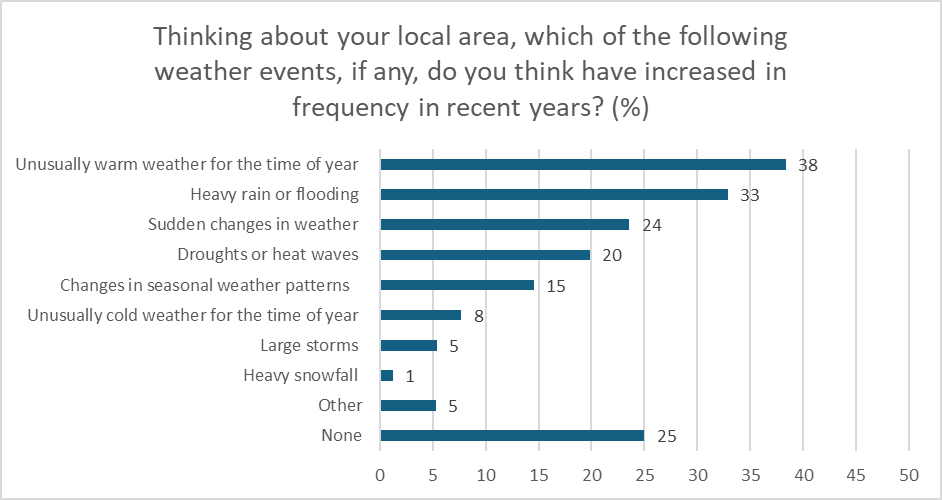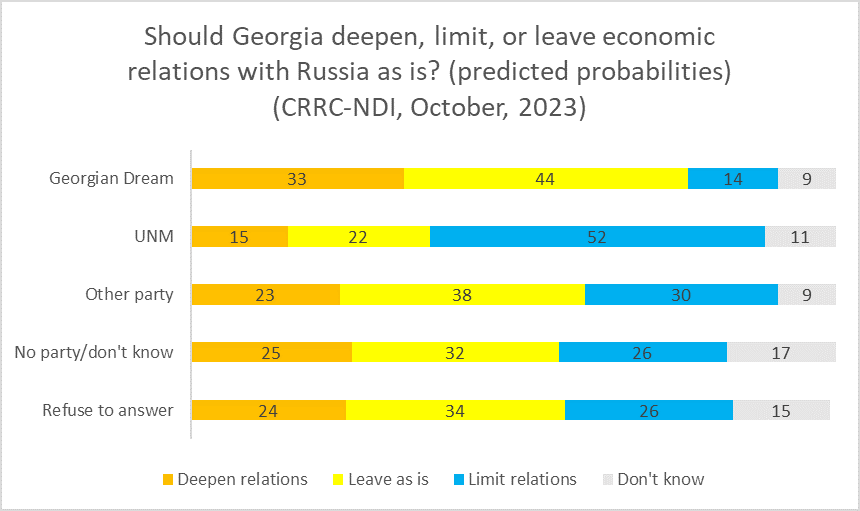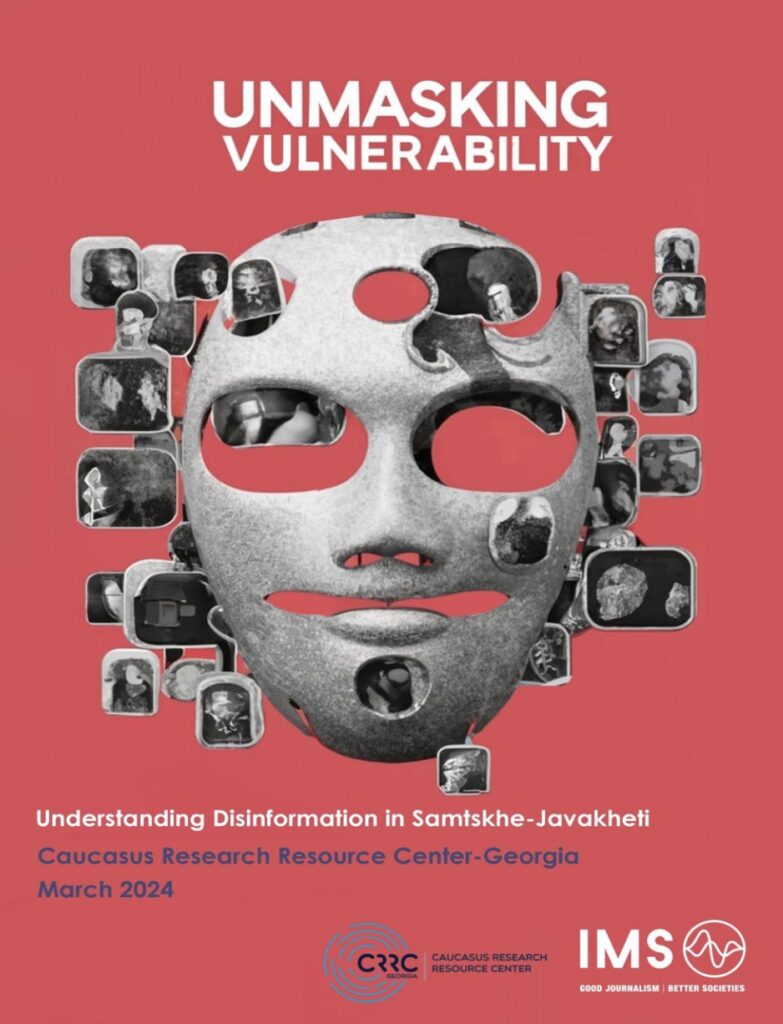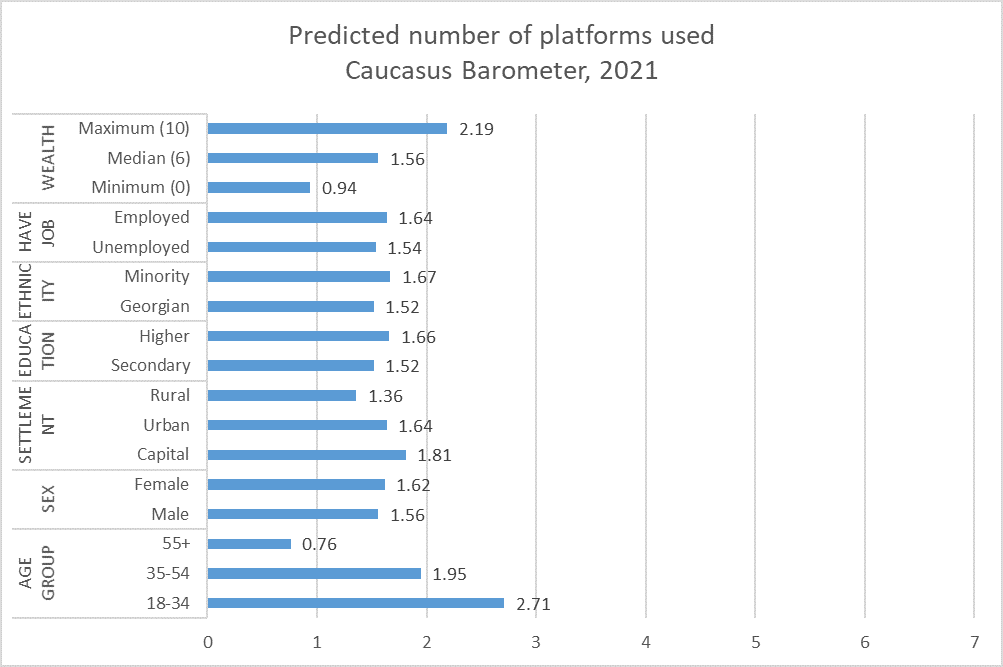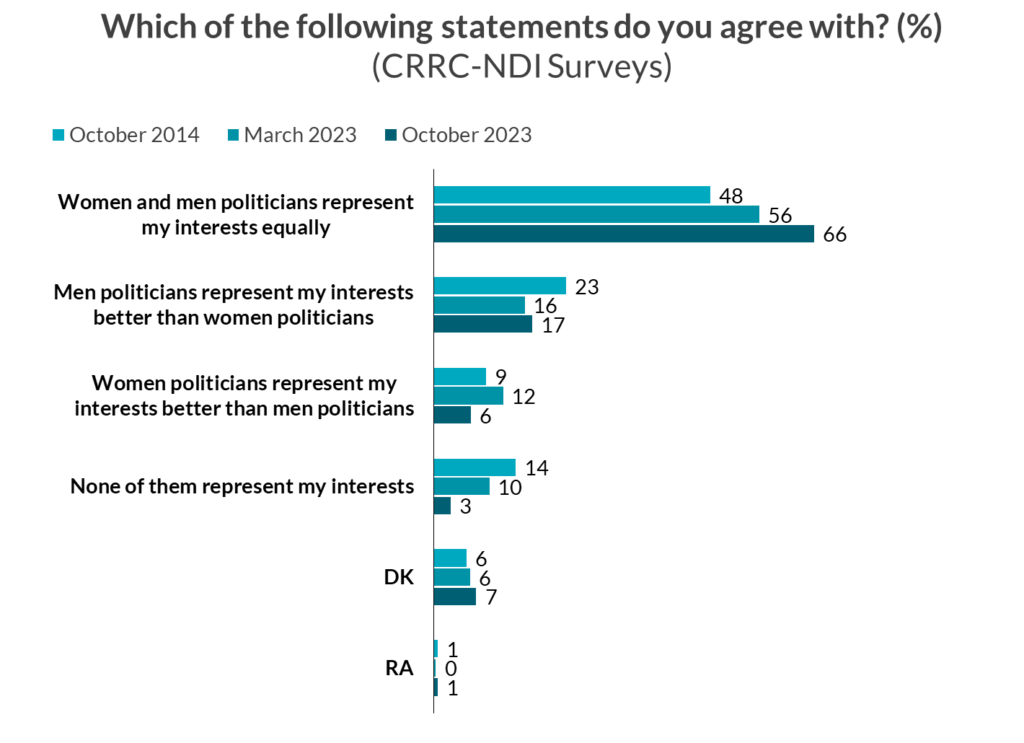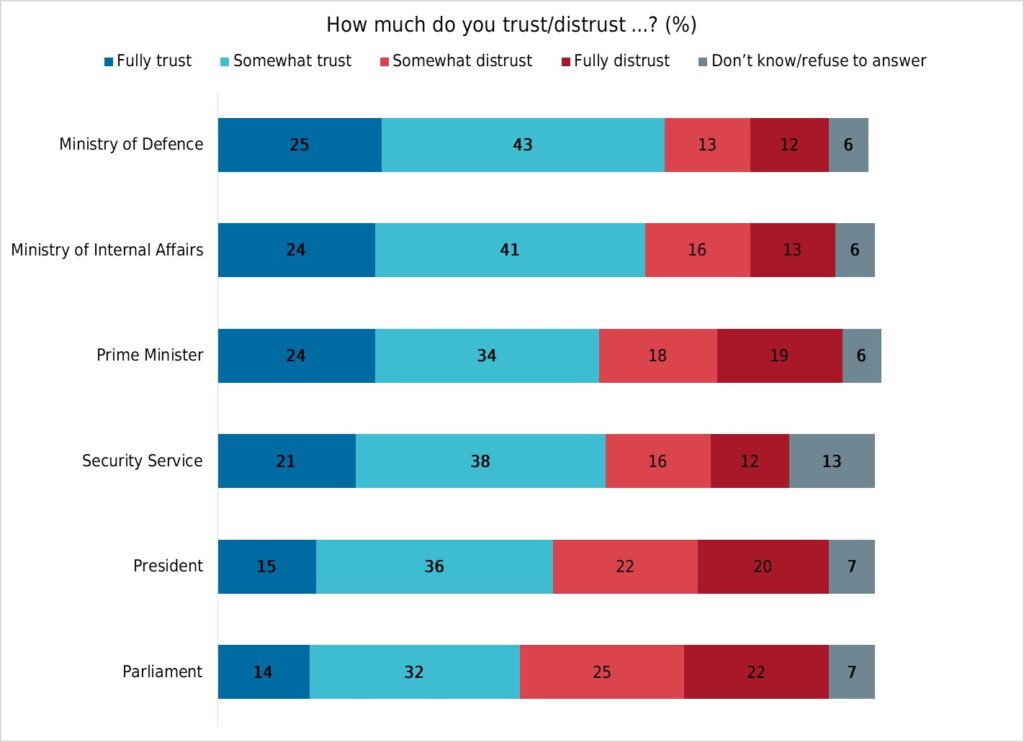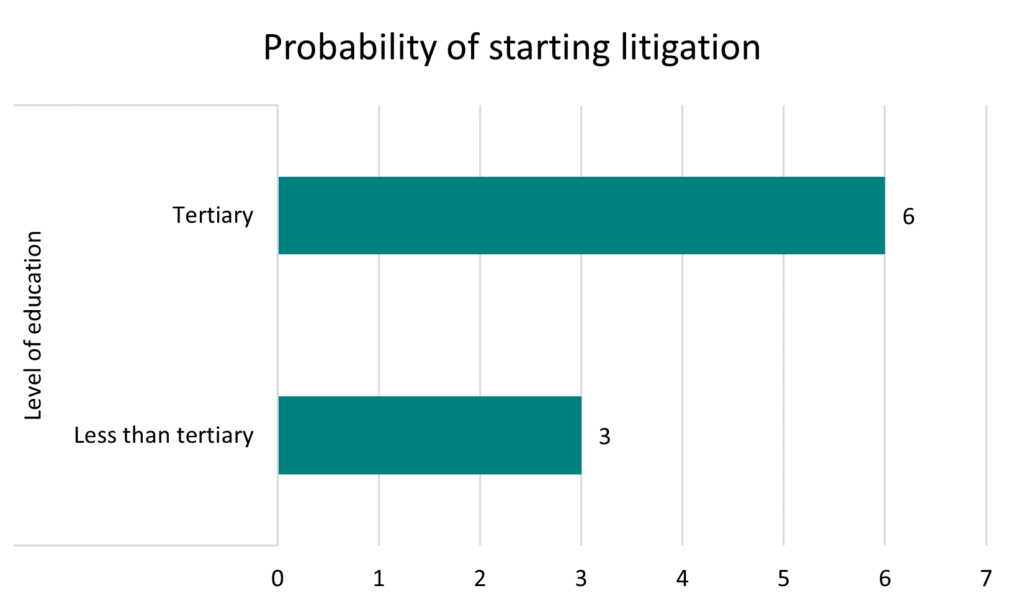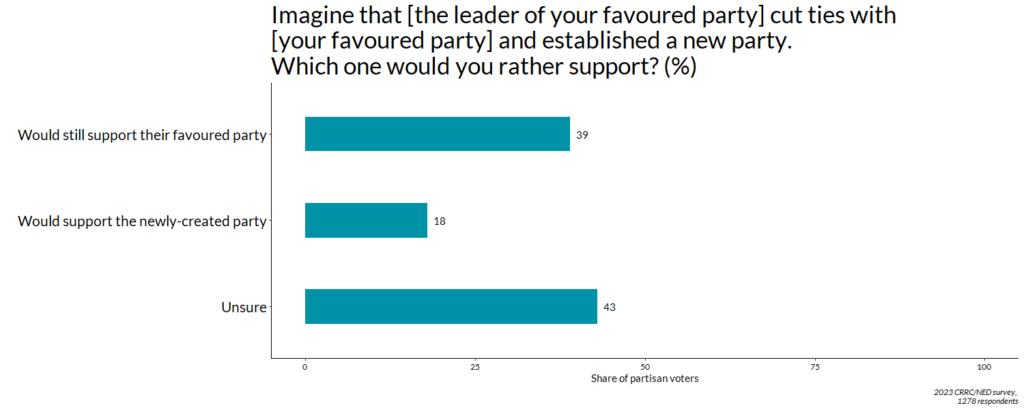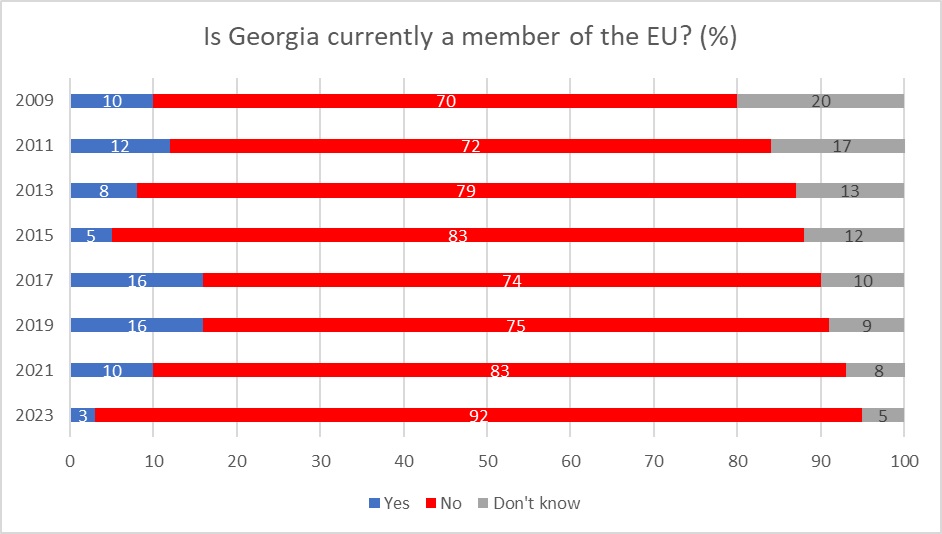Several blog posts (see here and here) on Social Science in the South Caucasus have shown that the population of Georgia is split in their views of the Prosecutor’s Office (PO). In the phone survey held in March 2019, carried out for the Promoting Prosecutorial Independence through Monitoring and Engagement (PrIME) project funded by the European Union and implemented by the Institute for Development of Freedom of Information, CRRC-Georgia carried out a survey experiment to better understand under what circumstances people trust and do not trust the Prosecutor’s Office.
One group of respondents was asked how objectively or non-objectively the Prosecutor’s Office of Georgia fulfills its duties generally (control group). Another group was asked how objectively or non-objectively the Prosecutor’s Office of Georgia fulfills its duties when it works on criminal cases related to regular citizens (experimental group 1). A third group was asked about the PO’s performance when it works on criminal cases where so called state and citizen interests overlap (experimental group 2). Individuals on the survey were randomly assigned into each group.
Citizens asked the third question about objectivity of the Prosecutor’s Office when working on cases where state and citizen interests overlap were least likely to report that the Prosecutor’s Office would work objectively, while there was no statistically significant difference between two other groups of citizens who were asked about PO’s performance in general or when working on cases involving regular citizens. This indicates that people have greater doubts about the PO’s objectivity when the State’s interests go against a regular citizen’s.
A number of socio-demographic characteristics predict people’s responses to the above questions as well. All else equal, older people (56+) report that the Prosecutor’s Office of Georgia will fulfill its duties non-objectively more often than younger people. Women are also more likely to say that PO will fulfill its duties objectively than men.
TV viewing habits, a proxy for political partisanship in Georgia, also predict responses. Rustavi 2 viewers (a proxy for UNM support) are more likely to report that the PO will fulfill their duties non-objectively than viewers of Imedi TV (a proxy for GD support).
Overall, there are no significant differences between views of citizens in experimental and control groups. A large share of people think that Prosecutor’s Office of Georgia will fulfill its duties non-objectively in any case. But there is more chance for people to say that PO fulfills its duties more non-objectively when litigation is between citizen and state.
The phone survey was conducted in March 4-19, 2019 resulted in 815 completed interviews. Its results are representative of the adult Georgian-speaking population of the country. The average margin of error of the survey is 2.6%. Results discussed in this blog are based on all completed interviews (815) and are weighted according to main demographic characteristics of the population. They survey is part of the “Promoting Prosecutorial Independence through Monitoring and Engagement (PrIME)” project funded by the European Union and implemented by the Institute for Development of Freedom of Information.
This blog post has been produced with the assistance of the European Union. Its contents are the sole responsibility of CRRC-Georgia and IDFI and do not necessarily reflect the views of the European Union.

